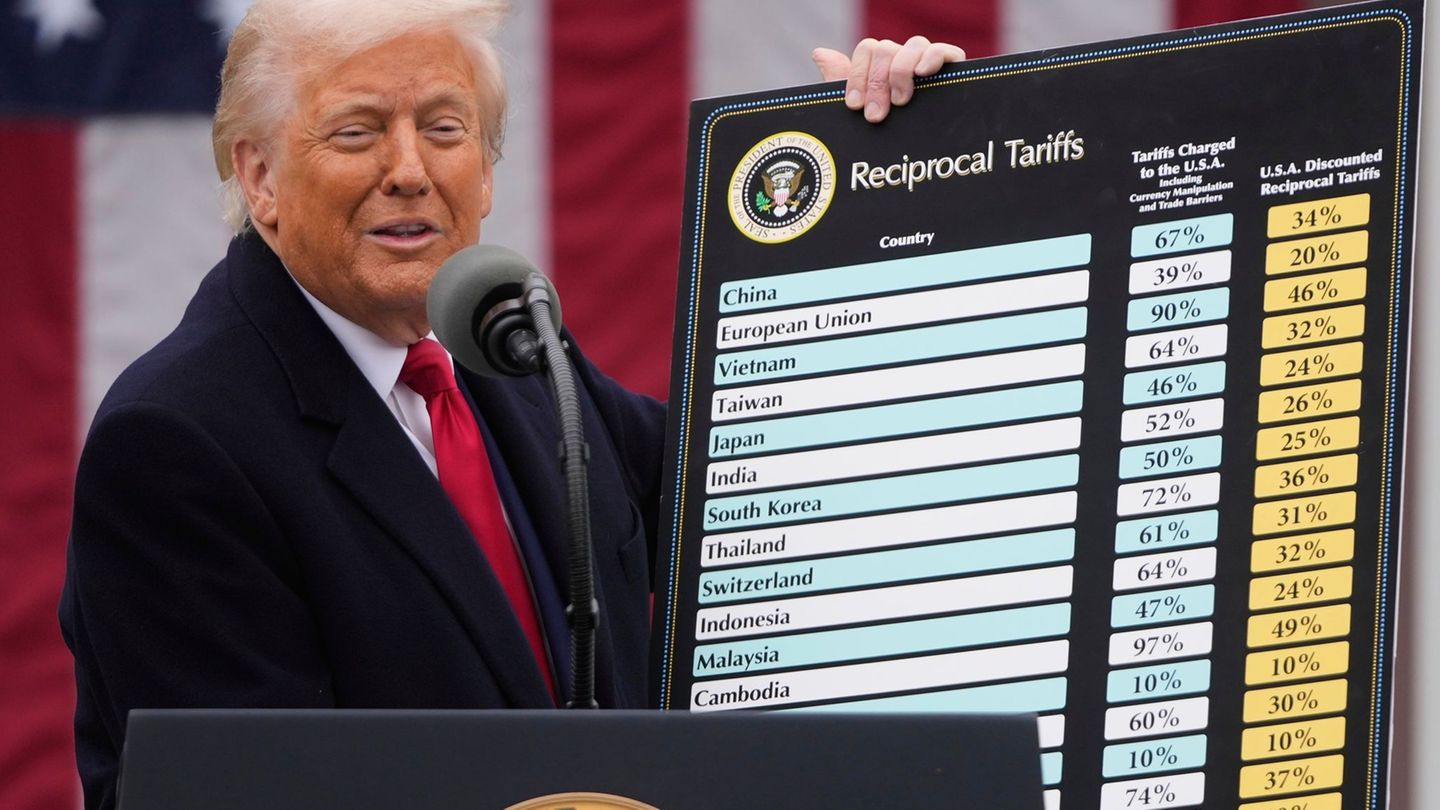Multinational companies undoubtedly have their own idiosyncrasies in each region. But above this identity that each market builds, a conceptual umbrella structures the corporate culture. At Scania, one of these core axes is the so-called “people-centricity”, according to which we believe that everything begins and ends with people.
One of our five corporate objectives focuses on search and work on the moments of truth in the collaborators’ experience. It is based on this that we rework the company’s mindset and develop our activities around the person at the center.
The experience of a collaborator in the company is built on a day-to-day basis, but there are key moments that color the path ahead in one color or another, depending on the experience experienced. One of those first moments, for example, is that of attraction: We must pay special attention to understanding why that person felt attracted to being part of the company, what is the value proposition that we offer at the employer level, and how we materialize it in the development of the employment relationship.
Regardless of the rational analyzes that each person can face, moments of truth represent feelings that shape that experience. The company’s value proposition and what the collaborator feels about it does not resist inconsistencies.
Among the important evolutions that have occurred in the social perspective of labor relations, it is clear that it is indisputable to understand that a human being is going through diverse and constant situations, which influence professional performance. At Scania, we make the decision to accompany those moments that touch deep fibers in each person. If an employee is going through a separation, a family problem or a traumatic episode, empathy at the corporate level will be the priority.
With truly positive effects on the employee experience, some examples of specific initiatives that we have implemented are the extension of maternity leave, the “soft landing” when that period ends, and the extension of paternity leave beyond the legal requirement. In this same sense, at Scania we develop the concept called “Skill capture”, according to which we capture the diverse and particular abilities of people. The focus is on valuing the diversity of each personal point of view, and making it the focal point of each collaborator. The result is exponentially enriching: You join a company with a very defined culture and values, but at the same time open to everything that each one can bring and add.
In order to truly apply these concepts, we have developed various programs, including two that focus on young professionals: Technicians of the Future selects young students from different provinces – with a focus on technical specialization – to complete training and professional application activities at dealerships in the country. He Trainees program seeks to attract young talents who share our purpose, culture and values, offering them a learning space and career opportunities so that in the future they can achieve their maximum aspiration and potential in our organization.
At the opposite extreme to these initial moments, the departure of a collaborator from the company is also an essential moment that we seek to closely accompany and provide the greatest possible support. Whether for example due to retirement age, the decision to move to another country or to join other companies, our priority is the experience that the collaborator goes through, and being able to accompany them in a caring manner.
Large, medium and small companies must undoubtedly work mainly on their business plan, but the fact of doing so under the concept that people are at the center, It allows us to build experiences that end in a win-win for all parties.
People & Culture Manager at Scania Argentina.
Source: Ambito
David William is a talented author who has made a name for himself in the world of writing. He is a professional author who writes on a wide range of topics, from general interest to opinion news. David is currently working as a writer at 24 hours worlds where he brings his unique perspective and in-depth research to his articles, making them both informative and engaging.




